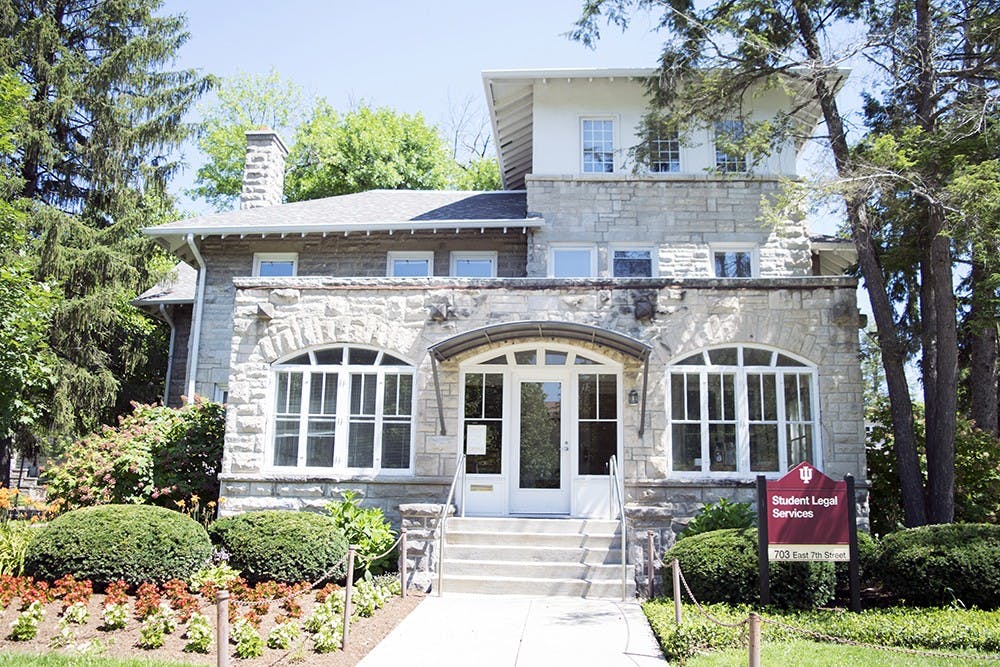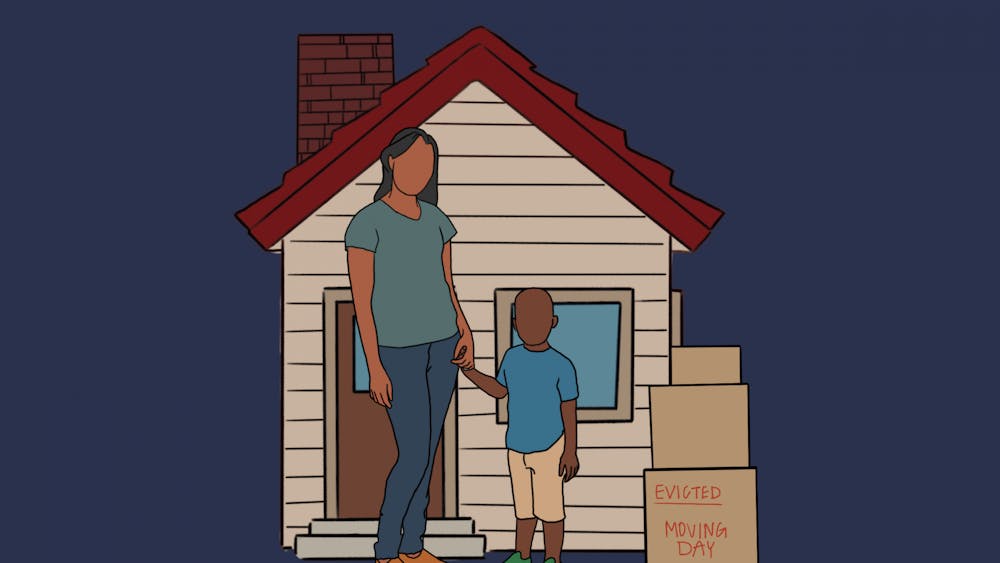The cheerful, college-student faces and colorful photos of fully furnished apartments are all too familiar when you open a housing brochure. But what will that apartment complex be like in reality?
Attorney Marc Abplanalp from IU Student Legal Services sat down with the Indiana Daily Student and shared the best tips on what to do before signing the lease and questions for students to ask to make sure they are not taken advantage of by landlords.
Tip #1: Read the lease.
Before asking questions, Abplanalp said students need know what is included and not included in the lease. A lease is a legally binding agreement that includes the responsibilities and duties of both the landlord and the tenant. Common topics students can find in leases are pet policies, details about utility fees, rules about guests, responsibilities for damage, maintenance responsibilities and automatic renewal clauses.
Tip #2: Have IU Legal Services read the lease.
IU law student interns read leases for free and discuss with students what it says. The law students are closely supervised by the lawyers who also work in the office. IU Legal Services is open from 8 a.m. to 4 p.m. every weekday.
Tip #3: Ask questions about what is not in the lease.
Important subjects such as parking, subletting and roommate or neighbor issues may be left out of the lease. If there are major things left out of the lease, Abplanalp said that students should request that they are added before signing.
- Parking: Abplanalp said students should make sure they know where they are going to park, if it costs money and what the landlord will do if someone takes your spot.
- Subleasing: Leases may include vague rules about subletting, but Abplanalp said students should ask up front what the fee for subletting is and what the procedures are for approving a subletter.
- Roommate and neighbor issues: Students need to know what the landlord will do if neighbors are constantly being rowdy or a roommate is doing something illegal that may put the student at risk of being seen as involved, Abplanalp said. He said this is especially an important question if the landlord randomly places roommates together.
Abplanalp said sometimes representatives from housing facilities will rush students to sign a lease which makes it less likely that the student will fully understand what’s in the document.
“Isn’t it worth taking an hour to make sure you’re not getting in a really bad situation?” Abplanalp said. “If we can get in before they sign a lease, it helps everyone later on.”






